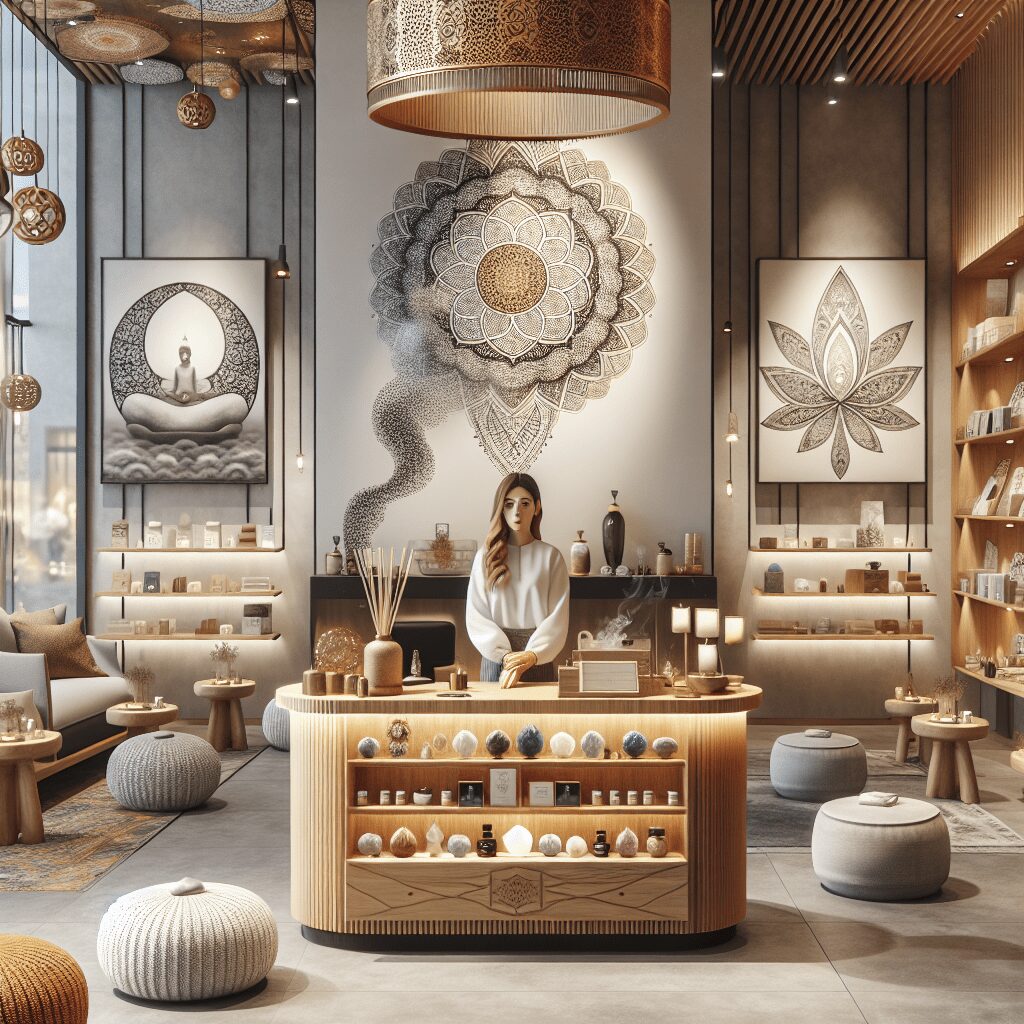
Prioritize your mental well-being daily. Enhance your life by nurturing your mental health with the Smart Meditation app. Break free from stress, alleviate anxiety, and enhance your sleep quality starting today.
Is Caffeine Linked To Anxiety?
Unraveling the Buzz: Caffeine’s Ties to Anxiety
Ah, caffeine – that beloved stimulant that kick-starts our mornings and, let’s face it, often fuels our day. From the aroma of freshly brewed coffee to the satisfying sip of a cold soda, caffeine is a staple in many of our diets. But, as we navigate through the highs and lows of our daily grind, an important question bubbles up to the surface: Is caffeine a friend or foe to our mental well-being, particularly concerning anxiety?
The Jitters and Beyond: How Caffeine Interacts with Anxiety
To say that our relationship with caffeine is complicated would be an understatement. It’s like a high-octane romance; exhilarating at times, but it can also leave you feeling jittery and on edge. But, before we spill the beans, let’s dive into what the science says about this love-hate affair.
The Stimulating Truth
Caffeine, by its very nature, is a stimulant. This means it revs up your central nervous system, making you feel more awake and alert. Sounds great, right? Well, here’s the catch. For some, this heightened state of alertness can take a sharp turn into anxietyville. Symptoms such as an increased heart rate, restlessness, and the feeling of “butterflies” in your stomach can mimic those of anxiety. And for those already grappling with anxiety disorders, caffeine can dial up the intensity.
A Balancing Act
It’s worth mentioning that not all caffeine consumers will find themselves on this rocky boat. Indeed, genetics play a role in determining how you metabolize caffeine, making some more susceptible to its side effects than others. Additionally, tolerance levels can vary widely, which means what might send one person bouncing off the walls could barely make another bat an eyelid.
The Vicious Cycle
Ever found yourself caught in the caffeine loop? You know, when you drink copious amounts of coffee to stay sharp, only to end up in a frenzied state, followed by a crash, then reaching for more caffeine to counteract the fatigue, and so it goes. This cycle can be especially treacherous for anxiety sufferers, as it can exacerbate symptoms and even disrupt sleep patterns, leaving you feeling more frazzled than when you started.
Practical Tips for Navigating the Caffeinated Waters
So, should you kick your caffeine habit to the curb? Not necessarily. It’s more about finding a balance and knowing your limits. Here’s how:
- Monitor and Modify: Keep an eye on how much caffeine you consume and how it affects your mood and anxiety levels. If you notice a correlation, it might be time to cut back.
-
Quality Zzzs: Aim to avoid caffeine later in the day to ensure it doesn’t interfere with your sleep. A good rule of thumb is to steer clear of caffeine at least six hours before bedtime.
-
Stay Hydrated: Don’t forget that water is your best friend. Drinking ample water can help mitigate some of the dehydrating effects of caffeine.
-
Alternative Boosts: Explore other ways to energize your body and mind, such as taking short walks, practicing deep-breathing exercises, or nibbling on energy-boosting snacks like nuts and fruits.
In a nutshell, while caffeine and anxiety can be intertwined, the key lies in understanding your body’s signals and adjusting your intake accordingly. So go ahead, savor that morning cup of joe, but remember to keep tabs on how it’s stirring up your inner world. After all, in the grand cafe of life, it’s all about finding the perfect blend.





